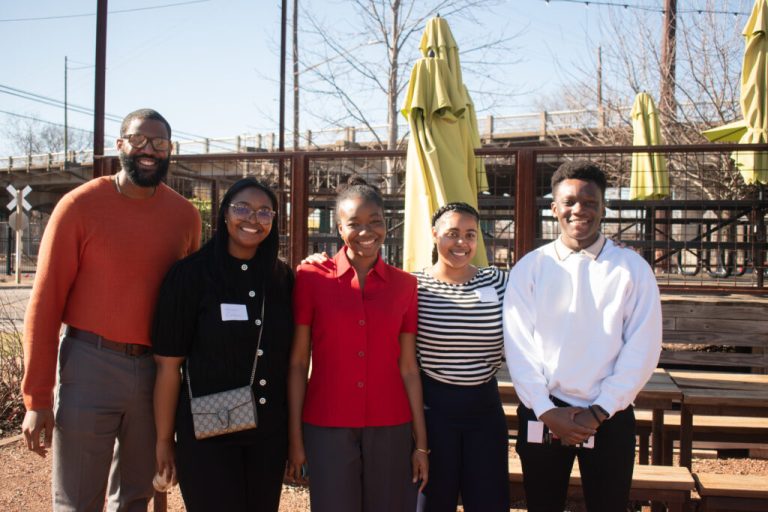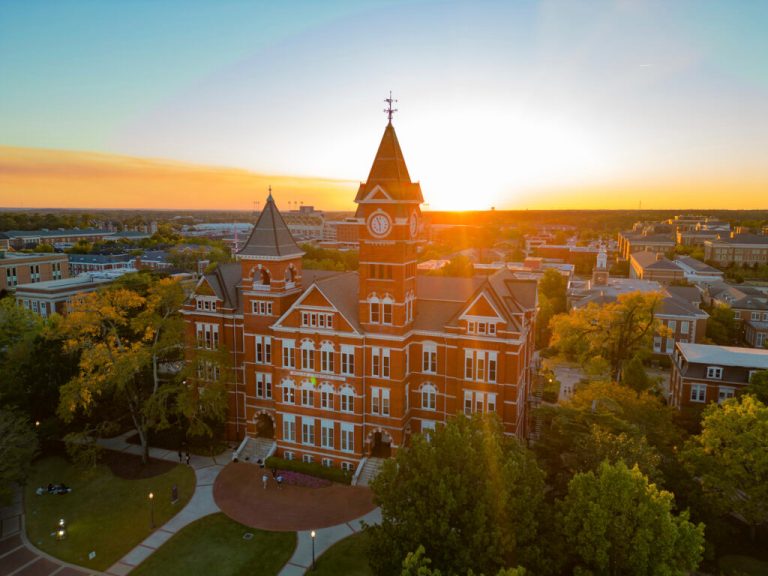Reviewed by: Sharron Swain
The University of Alabama will develop a renewable energy program for HBCU students from a $1 million grant
Reading time: 2 minutes

The University of Alabama just received a big grant from the National Science Foundation (NSF)—we’re talking about $1 million. This grant will help the university develop a bridge program to give opportunities in renewable energy for students from three Historically Black Colleges and Universities (HBCU).
How will this program benefit HBCU students?

The program is due to teamwork from the UA Graduate School’s Strategic Graduate Partnerships Initiative and the department of chemistry and biochemistry. This new program is all about helping HBCU students find opportunities in renewable energy like:
- Entrepreneurial opportunities
- Graduate programs
- STEM industry careers
The five-year bridge program will help nine HBCU undergraduate students each summer by giving the students:
- On-campus housing
- Stipends
- Travel expenses
Also, about 70 students from Stillman College will be part of exchange activities during the fall and spring semesters. We know the future is bright for these students!
The University of Alabama wins again

From football to academics, it always seems like The University of Alabama has won some type of award. The latest is a $1 million grant from the NSF’s Bridging Established Program to Stimulate Competitive Research, also known as RII-BEC. This grant will help the university build a bridge program to help HBCU students find opportunities in renewable energy, including students from:
- Fort Valley State University
- Jackson State University
- Stillman College
“RII-BEC is a very prestigious award that will empower us with lots of research and education resources in the next five years to enhance students’ learning and research experience. Projects like this will make UA a more attractive place for participants to continue pursuing advanced degrees.”
Dr. Shanlin Pan, Professor of Chemistry & Project Pincipal Investigator, University of Ala
For more buzzy news like this, sign up for our free newsletter delivered straight to your inbox.



